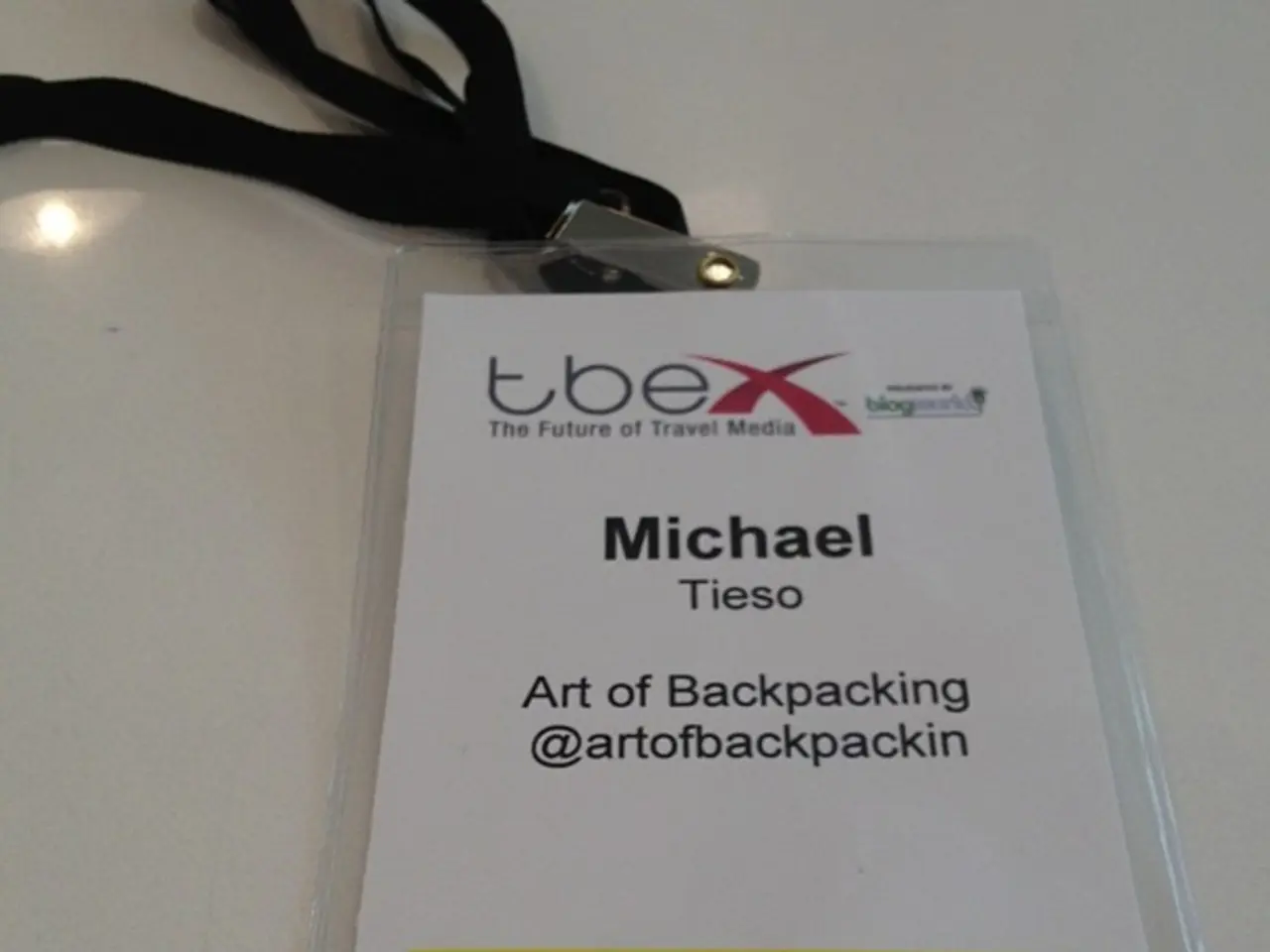Education's Prospective Evolution: Investigating Novel Dynamics and AI's Influence on Learning
In the ever-evolving landscape of education, artificial intelligence (AI) and emerging technologies are set to play a pivotal role in shaping the future of learning.
Steam education, integrating Science, Technology, Engineering, Arts, and Mathematics, is gaining traction, aiming to foster critical thinking, problem-solving, and creativity in learners. This trend is expected to continue, with the integration of AI being a key factor.
AI in education is poised to enable educators to tailor their instruction and provide targeted support to individual students, creating a more personalized learning experience. This personalization extends to digital tools and platforms, which allow educators to create customized learning paths for students.
One of the most exciting developments in this area is the use of AI as a personalized learning co-pilot. AI-driven tools offer 24/7 support, providing feedback and customized lesson plans to learners. AI will not replace teachers but serve as a co-pilot, enhancing educators’ productivity and effectiveness.
Another significant development is the automation of educational tasks. Generative AI will assist in lesson planning, note-taking, automatic grading, and accessibility support for learners with disabilities.
Mobile learning is another trend on the rise. Mobile device-based education continues to grow rapidly, with high engagement rates. By 2025, mobile learning is projected to drive much of the e-learning market growth, with significant productivity boosts reported by organizations and learners alike.
Immersive technologies, such as virtual reality (VR) and augmented reality (AR), are also set to become more common. VR/AR labs will enable experiential and interactive learning environments, closely simulating real-world scenarios.
The use of blockchain technology for secure and verifiable educational credentials is another trend expected to become more widespread. This ensures the authenticity and portability of qualifications.
The potential impact of AI on the learning landscape is far-reaching. It can democratize quality education, enhancing learning outcomes and efficiency, and enabling new educational models. However, it also presents challenges and ethical considerations, such as data privacy, algorithmic bias, equitable access to technology, and rethinking educators’ roles.
In conclusion, education in the near future will be deeply influenced by AI and emerging technologies, driving personalized, accessible, and efficient learning environments. This transformation requires thoughtful integration and ethical management to maximize benefits and minimize risks.
Educational institutions are placing a greater emphasis on providing opportunities for lifelong learning, recognizing its importance in today’s fast-paced world. Traditional classrooms will evolve into flexible spaces promoting collaboration, creativity, and critical thinking.
As we move forward, it is crucial for educators, policymakers, and stakeholders to adapt to these changes, embracing innovation while ensuring high-quality, learner-centered education. The role of educators in the future is to guide and facilitate learning, leveraging AI as a powerful tool rather than a replacement for human interaction and expertise.
- The integration of artificial intelligence (AI) in education could lead to a more personalized learning experience, where educators can tailor their instruction and provide targeted support to individual students.
- In the realm of digital tools and platforms, AI can help create customized learning paths for students, serving as a significant factor in the continuing trend of Steam education.
- AI-driven tools can function as a personalized learning co-pilot, providing 24/7 support with feedback and customized lesson plans for learners.
- Mobile learning, driven by AI and growing rapidly, is expected to dominate the e-learning market by 2025, offering significant productivity boosts for both organizations and learners.




